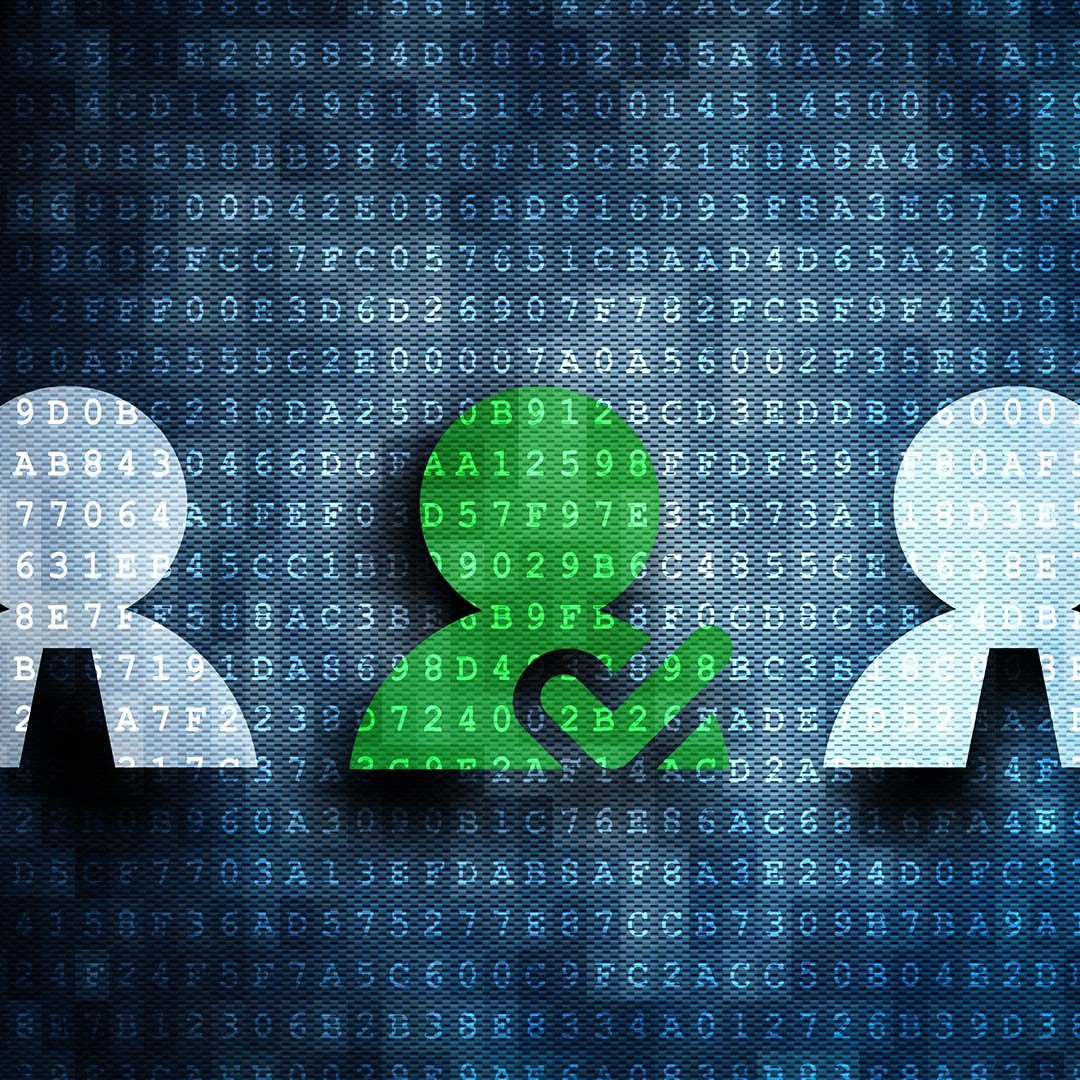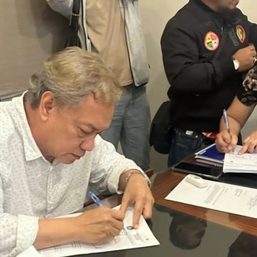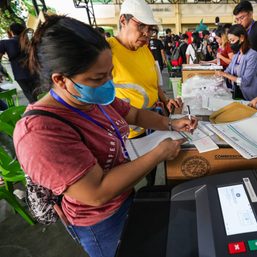SUMMARY
This is AI generated summarization, which may have errors. For context, always refer to the full article.

A Commission on Elections (Comelec) resolution on social media campaign guidelines that is set to be released in mid-November will likely include a provision against politicians’ mictotargeting strategies for their online campaigns.
Microtargeting is “online targeted advertising that analyzes personal data” to influence a specific audience, according to the Information Commissioner’s Office in Britain. If, for example, a person follows a political party on Facebook, they will receive personal ads in relation to that party.
On Friday, November 5, Comelec spokesman James Jimenez hinted at potential action against politicians who will employ microtargeting tactics for the 2022 polls.
“One of the things we’re going to come out with in our social media guidelines is actually a prohibition of political candidates from using microtargeting as a means of deciding where to send their posts; how to boost or promote their posts,” Jimenez said in a virtual election forum organized by the University of the Philippines Diliman Office of the Chancellor.
Jimenez did not expound on the said Comelec effort during his appearance at the online seminar, but in a text message to Rappler after the event, he noted that the poll body won’t do this initiative alone.
“We are considering prohibiting microtargeting. This would be done through cooperation with social media platforms,” he said.
Comelec already inked a partnership with Tiktok for the 2022 polls. It also collaborated with social media giant Facebook in past elections.
Dangers of microtargeting
Jimenez was reacting to the presentation of UP political science professor Aries Arugay on electoral integrity threats posed by social media.
“Unlike maybe in 2016 or 2019, the disinformation will not be generally diffused or disseminated, but they will target particular groups,” Arugay said.
“How is the targeting going to be done? This is because social media apps have harvested a lot of our profile information. The more that you like things, the more that you feed these social media apps of what makes you riled up or what makes you emotional,” he added.
In short, politicians running an online campaign may have the tools to get people to think a certain way, no thanks to information they put up online, and through app-assisted data harvesting, among others.
In a Rappler Talk interview in July 2020, Brittany Kaiser, former Cambridge Analytica employee-turned-whistleblower, warned against the dangers of microtargeting.
Cambridge Analytica was a British data analytics firm which made international headlines in 2018 for allegedly harvesting personal data of Facebook users. The company was best known for its role in the 2016 White House bid of former US president Donald Trump.
“Microtargeting is what allowed all of Cambridge Analytica’s former clients in the US to target all the way down to the individual. So if I have a message specifically to [you], you are going to see something that is totally different from me, and I can make sure that if you are someone I’m targeting to register to vote or to convince you to no longer believe in politics that I would have enough information about you to do that,” Kaiser had explained.

In another Rappler Talk interview in September 2020, Anya Schiffrin of Columbia University’s School of International and Public Affairs underscored the need for social media regulation – such as companies disclosing their algorithms and banning micro-targeting – in the run-up to the 2020 US presidential polls.
“If democracies want to pass regulations, they’re going to have to do it,” Schriffrin had said.
‘Don’t expect too much’
With three months left before the start of the campaign season in the Philippines, it remains to be seen how the Comelec can step up its game in fighting misinformation and disinformation online.
This comes as aspirants for elective posts for the 2022 polls have started advertising on social media months before the official start of the campaign period in February.
The Comelec only began monitoring social media campaign expenditures in the 2019 elections, when it released a resolution that classifies “social media posts” as “election propaganda.”
Jimenez, however, is already trying to temper expectations, as he reiterated that the poll body could only do so much due to the lack of robust laws to regulate online campaigning.
“Please, do not expect too much. This is a bit of management of expectations when I say, the largest problem is…there is no legislative framework for any of this,” he said. – Rappler.com
Add a comment
How does this make you feel?










There are no comments yet. Add your comment to start the conversation.